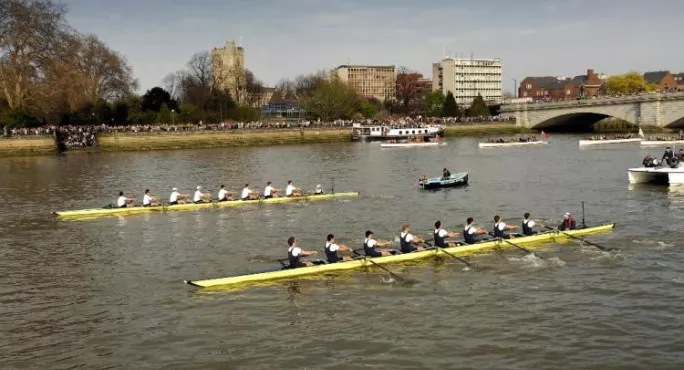The end of last week marked not just the beginning of the final countdown to Christmas, but also the end of an intense two weeks for more than 7,000 students who have been interviewed for admission to Oxford this year and the academics who make selection decisions. As a lecturer in Italian with nearly a decade of admissions interviews under my belt, I’ve seen how much preparation and energy on the part of students and their teachers goes into each application. And there’s no doubt we ask a lot from students, parents and ourselves in putting aside so much time and energy for these two weeks at the end of a long autumn term. But there is also no doubt to me of the value in considering each individual on their merits, and doing everything we can to get a sense of a student’s real motivations and potential beyond what the Ucas form tells us on paper. Predicted and achieved grades only tell us part of the story - the interview adds to our sense of what skills students have developed that will suit their course, and we use a huge range of other information to put their grades and interview performance into context.
I travel around the country meeting hundreds of teachers and students every year as part of my outreach work. I know many of them wonder whether interviews really do help us to identify the most talented students rather than just those who are most confident or best prepared - it was certainly in my mind when I applied to Oxford coming from a comprehensive school in the North East of England. Of course they do, but it can be hard to understand how, since our interviews aren’t like the kind of test most students are used to taking: the answers to the question matter, but the thinking that gets them to the answer is what adds to our understanding of their suitability for the course at Oxford. That means I’m most interested not only in what students have read, seen, or listened to, but in how they reflect on it.
Preparing for interviews, therefore, doesn’t have to mean revisiting your entire A-level course syllabus, or memorising your CV. And it certainly doesn’t mean practising your delivery or breaking out vocabulary flash-cards, because it’s the ability to be intellectually flexible rather than a superficial confidence that matters. In fact, one of the most important things we are looking for in students is the ability to monitor themselves: if during the interview they realise that the argument they are making is missing a piece of information or deserves reconsidering, they can vocalise that and show flexibility, rather than carrying their point to its conclusion to the exclusion of other relevant information.
If there’s one thing I would say to students who have been through the Oxford interview process, it’s to remember that one “bad answer” won’t irrevocably harm anyone’s chances of winning a place. That’s partly because what students often think of as “bad answers” are the ones that are actually most helpful to us - because they had to stop and think out loud before making a further argument, because they were grasping at a new concept, or simply because they had a genuinely engaging intellectual debate that took them out of their comfort zone. But it’s also because in my experience it’s never one interaction, or one person who holds an applicant’s fate in their hands - each candidate will be seen by more than one academic, and the interview is considered in combination with everything else we already know about each candidate. So the decision is never down to me alone - in fact, there’s probably a joke to be had here: “How many Oxford admissions tutors does it take to change a light bulb?” To which the not very funny answer is: “As many as possible according to an extremely rigorous process, because that’s what’s important when determining the light bulb’s true ability and potential.”
Dr Eleanor Parker is a lecturer in Italian at St Anne’s College, Oxford
Want to keep up with the latest education news and opinion? Follow TES on Twitter and like TES on Facebook
